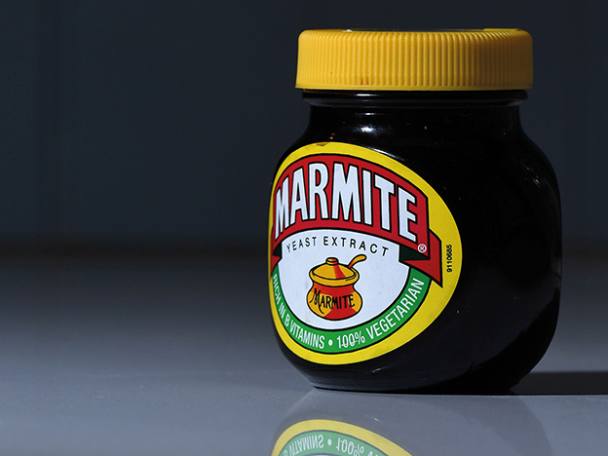- Efficient cost pass-through to customers
- Sales volumes will come under further pressure
Remember the days when the primary aim of companies was to turn a profit? On 20 July, US activist investor Nelson Peltz joined the board of Unilever (ULVR) after earlier buying a minor stake in the consumer goods giant. Peltz, the founder of Trian Fund Management, has garnered a reputation for acquiring interests in underperforming businesses and then driving efficiencies with a view to boosting earnings.
He might have his work cut out for him. Unilever is one of those companies which has fully bought into the stakeholder principle which underpins environment, social and governance criteria. Theoretically these are put in place to encourage companies to act responsibly, but you’re sometimes left with the impression that the primary stakeholders – ie, the owners – are left out to dry.
Shareholders at Unilever know that the group has underperformed the wider market and industry peers. They also wouldn’t have been overly impressed by the recent failed attempt to buy GlaxoSmithKline’s (GSK) consumer health division. Ironically, the group is now being sued by subsidiary Ben & Jerry’s to block it from selling the ice cream brand in Israel to a local licensee, as the move is at odds with the US dairy firm’s stance on Israel and the occupied Palestinian territories.
Beyond social justice concerns, the main takeaway from the group’s half-year figures is that it has successfully passed through the bulk of input cost increases to customers, which amounted to price rises of 11.2 per cent over the second quarter. The effective pricing response meant that underlying sales growth increased by 8.1 per cent over the half year, albeit with a 1.6 per cent decrease in overall volumes.
The half-year underlying operating profit increased up by 4.1 per cent to €5.0bn (£4.24bn). The associated margin came in at 17 per cent, down from 18.8 per cent a year earlier, and is expected to fall to 16 per cent for the full year, as the group thinks it will be unable to pass through all the input cost increases to its customer base.
Macroeconomic conditions dictate that sales volumes are likely to remain under pressure. Presumably, some households will ‘trade down’ on certain branded items in favour of cheaper alternatives or generics, although Unilever has stepped up its marketing activities to reinforce brand loyalty.
The market responded positively to the half-year figures, possibly because of their onus on financial performance rather than social responsibility. And the good news is that underlying sales growth in 2022 is now expected to be above the previously guided range of 4.5-6.5 per cent. But at 19 times consensus, there is little incentive to buy the shares given a lack of near-term catalysts. Hold.
Last IC View: Hold, 3,747p, 10 Feb 2022
| UNILEVER (ULVR) | ||||
| ORD PRICE: | 4,013p | MARKET VALUE: | £102bn | |
| TOUCH: | 4,012-4,013p | 12-MONTH HIGH: | 4,185p | LOW: 3,268p |
| DIVIDEND YIELD: | 3.6% | PE RATIO: | 21 | |
| NET ASSET VALUE: | 790¢* | NET DEBT: | 124% | |
| Half-year to 30 Jun | Turnover (€bn) | Pre-tax profit (€bn) | Earnings per share (¢) | Dividend per share (p) |
| 2021 | 25.8 | 4.37 | 119 | 74.53 |
| 2022 | 29.6 | 4.36 | 114 | 72.23 |
| % change | +15 | -0.2 | -4 | -3 |
| Ex-div: | 04 Aug | |||
| Payment: | 01 Sep | |||
| £1 = €1.18. *Includes intangible assets of €40.5bn, or 1,588¢ a share. NB: Dividends based on two quarterly payments of €0.4268 then converted to sterling. | ||||









